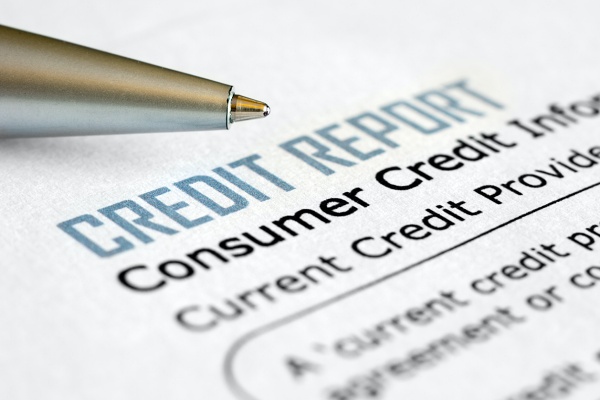
What to Look for in Your Free Credit Report
The recent coronavirus has many Americans concerned not only for their physical health but for the health of their finances as well. In light of this, Experian, Equifax, and TransUnion are offering weekly credit reports for free until April 2021.
Credit Report vs Credit Score
A credit report is different from your credit score. A credit report includes your personal information, a list of open and closed accounts including the creditor information, negative information (if any) like defaults and bankruptcies, and hard and soft inquiries on your credit. Your credit score on the other hand is simply the number your credit history has been assigned.
How to Access Your Free Report
After choosing either Experian, Equifax, or TransUnion you'll need to enter some information. Regardless of which you choose, each will request information found on your bank or credit card statements. Don't be surprised if you are asked to verify old addresses while going through the process. Entering this information isn't time-consuming. Once verified, you should have access to your report in as little as 10-minutes.
What to Look for on Your Report
Once you have access to the report, you can start verifying the contents. Here is some important information to confirm and what you can do about any discrepancies you find.
Start with the Basics
Start by verifying the information on the report like your employer, address, and name are correct. It is normal to find misspellings, variations or maiden names included on your report.
Signs of Fraud
Make sure that you recognize all accounts listed on your report. Double-check the addresses associated with each account, status, and type of account. Other items to confirm are your role on the account (individual, joint, or authorized user) and the credit limit, or original amount, depending on if it is a credit card or loan statement you are verifying.
Payments
The Cares Act has temporarily changed the way some creditors are requiring payment from customers. When reviewing your report, make sure that any payment accommodations are reported as agreed upon. You will also be able to confirm when your payments were made and if there are late payments on the account.
Reporting a Problem
An advantage of these weekly reports is your ability to spot and respond to issues. If you find an error on your report, file a dispute with either the Credit bureau or the Consumer Financial Protection Bureau. Which bureau you file with depends on which type of account you find the error.
Credit bureaus have 30 days to investigate your claim while the Consumer Financial Protection Bureau has 45. If you believe you are a victim of identity theft, you can report this to IdentityTheft.gov.
Pro-tips:
- During the sign-up process, you will be offered access to your credit score - for a fee. Check with your bank and credit cards to ensure you don't already have access to this information.
- If you're a hard copy person, this may be a good time to make an exception. Your report includes the payment history for all your accounts, making it a lengthy document. Saving a copy to your computer is a better option.